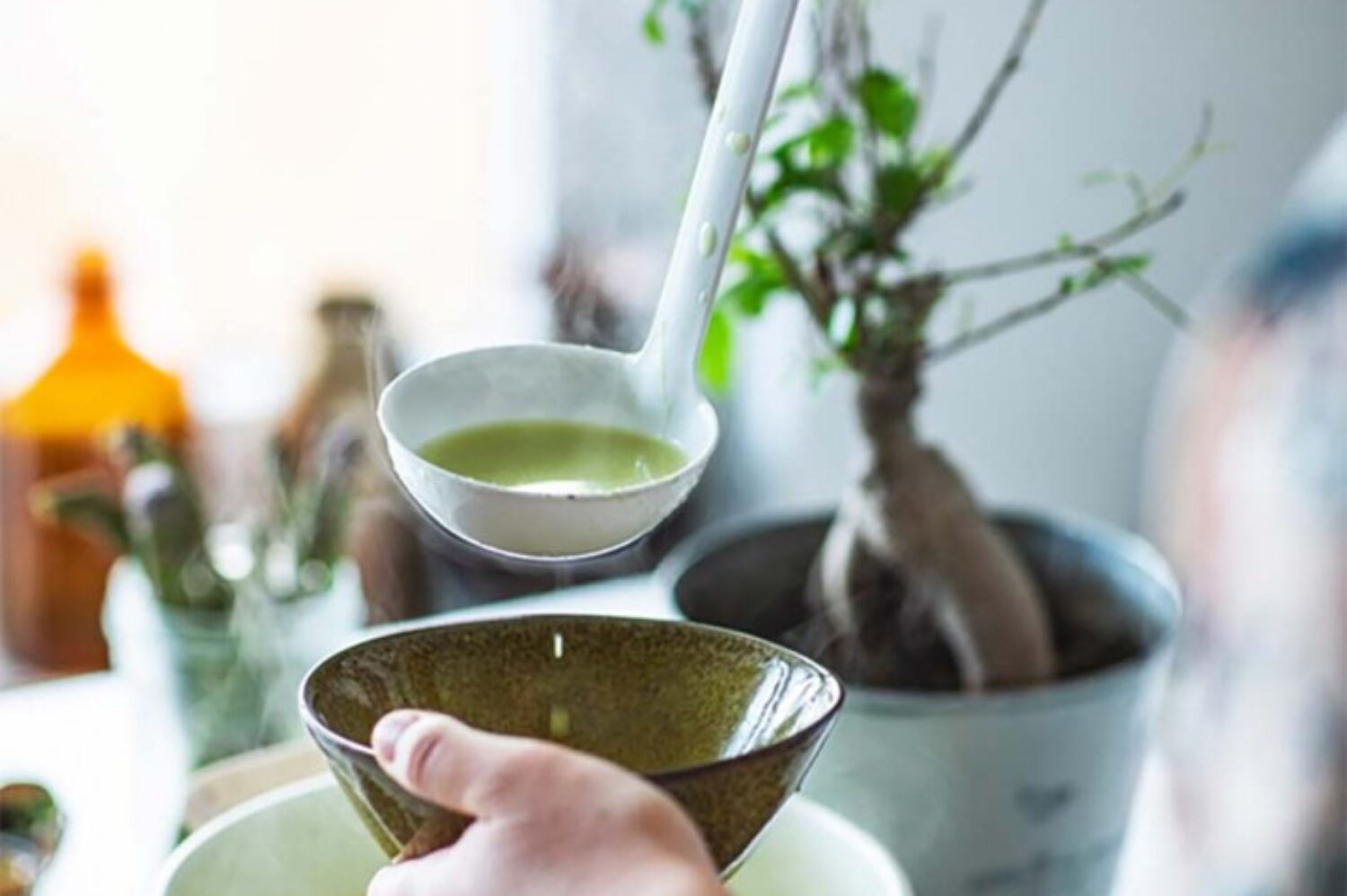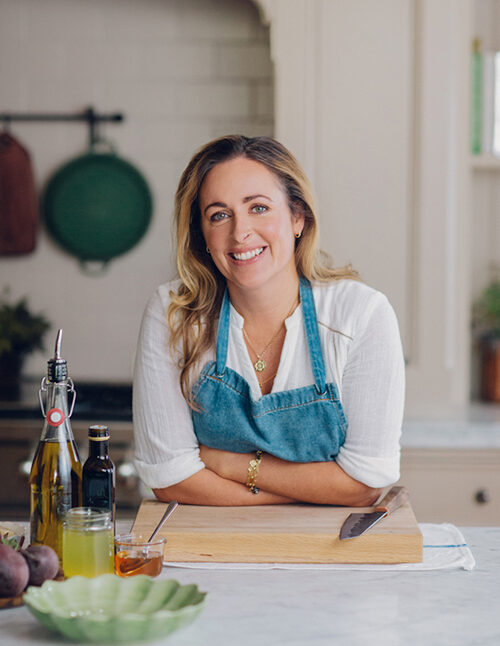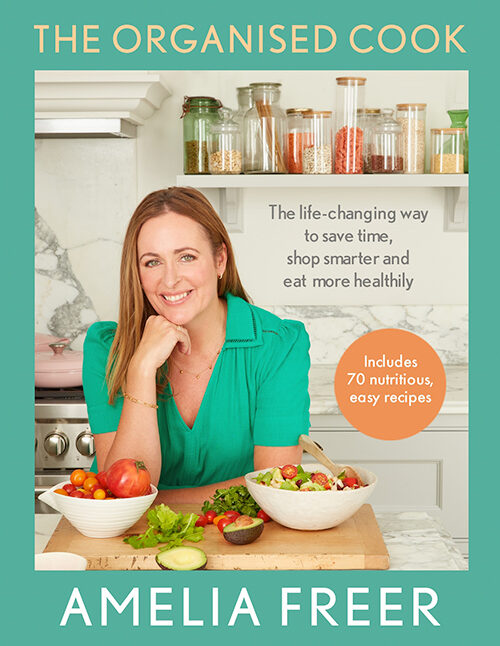9 Key Nutrients to be Aware of in a Plant-based Diet
Jan 2020
This article gives a broad overview of 9 important nutrients to be aware of if you choose to consume a plant-based diet. They are not the only nutrients that need consideration, nor is this a completely comprehensive run-down (it’s a BIG topic!), but these 9 are the ones that I tend to get asked the most questions about. I’ve written more about my general thoughts on adopting a plant-based diet, in case you’re interested.
It’s also worth mentioning at the start that there is no one-size-fits-all rule for supplementation, not least because I generally support a ‘food first’ approach to nutrients (where possible – B12 is harder to come by in plant-based food alone, for example). I therefore cannot tell you which supplements to take, as this will depend on so many different factors. So please do seek appropriate nutritional support (see my FAQs for helpful info) as necessary – an investment in yourself I wholeheartedly recommend if you want to ensure you’re consuming a well-balanced and nourishing plant-based diet in the long term.
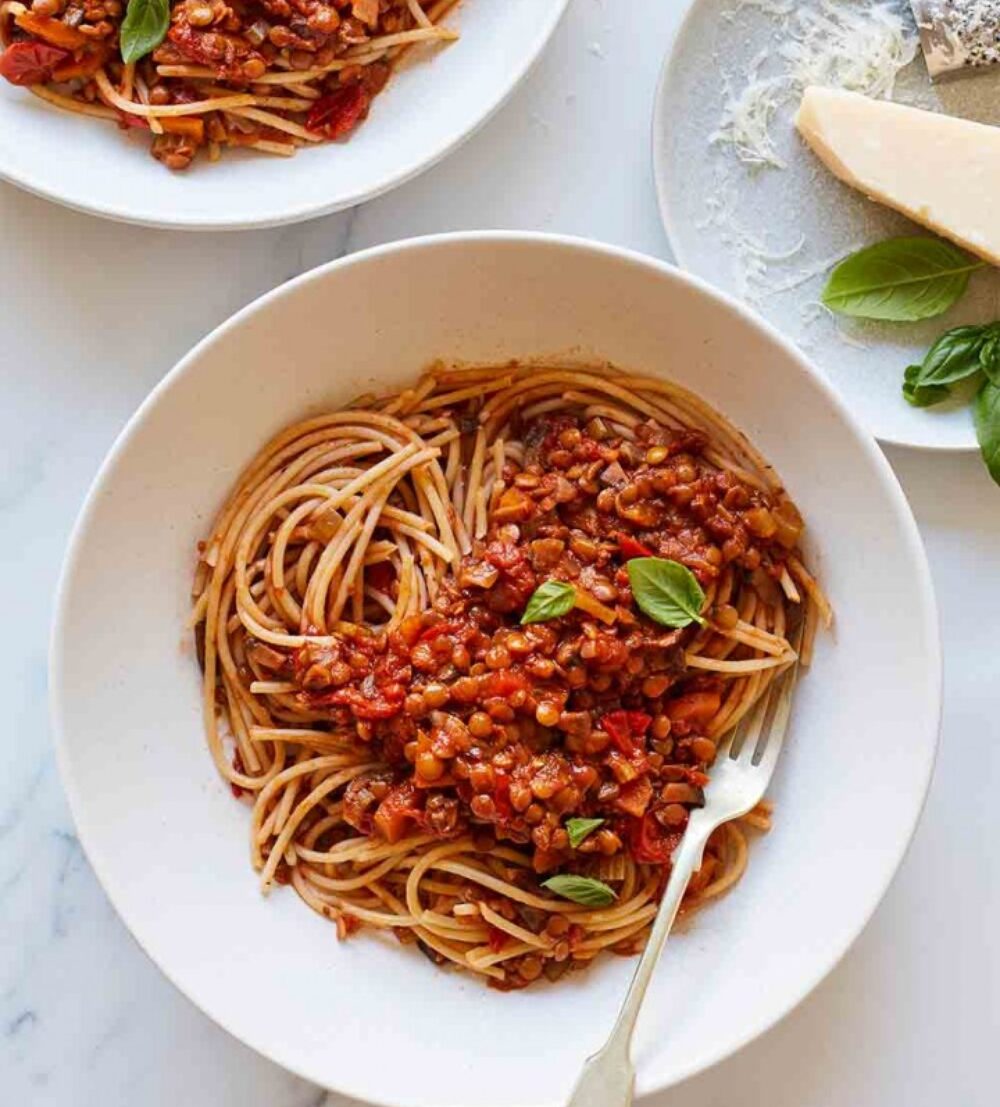
Proteins
Proteins are important for growth & repair in our bodies and are made of amino acid ‘building blocks’. 9 of these amino acids are classed as ‘essential’ – which means we must get them from our diet as our bodies cannot make them. Foods that contain all 9 essential amino acids are classed as ‘complete’ proteins – and include meat, eggs and seafood. Plants also contain proteins, but few of them contain all 9 essential amino acids and therefore, eating a widely varied and abundant plant-based diet is important to ensure we get the correct combination of essential amino acids overall.
SUGGESTIONS: Try to have a portion of plant-based protein at every meal (such as pulses, lentils, beans, hummus, nuts, seeds, nut butters, tahini, tempeh, tofu, edamame beans, broad beans, peas). Switch these protein sources up over the course of the day / week.
Recipe Ideas
+ Lentil & Mushroom Ragu
+ Nut Roast served with a Rich Tomato Sauce
+ Warming chickpea & pumpkin curry
Vitamin D
We get vitamin D mostly from the sun, but it can also be found in some animal products (such as egg yolks and oily fish), as well as fortified foods or supplements. Vitamin D deficiency or insufficiency can be problematic in the UK, especially when sun exposure is limited.
SUGGESTIONS: Safe sunlight exposure during the spring /summer months in the UK where possible. The Department of Health now recommends that all adults consider supplementing with 4ooIU / 10 micrograms Vitamin D between October – March in the UK. Some people with limited sunlight exposure may benefit from year-round supplementation. Please speak with your local pharmacist if you’re not sure which supplement to take. Be aware that many D3 supplements come from animal sources, such as lanolin. There are, however, vegan versions available. See the label for details.

Calcium
Calcium is important for healthy bone and teeth formation, but also for various other biological functions, such as muscle contraction. It’s particularly important for children & adolescents (although as an essential mineral – is still important for all of us). Absorption of calcium from plant foods can be inhibited by other compounds, such as oxalates or phytates, which are naturally also found within plants. These compounds may reduce the efficiency of mineral absorption.
SUGGESTIONS: Try using a calcium calculator to work out your rough weekly intake of calcium. This helps build awareness of your personal intake, and also shows you the types of foods that are good plant-based calcium sources. Look for calcium-fortified nut or non-dairy milk alternatives (check the label if you’re not sure). Tofu is often set with calcium, too (this should be identified on the label). Also include plenty of green leafy vegetables, tahini, nuts & seeds into your diet.
Recipe Ideas
+ Roasted cauliflower with tahini & miso dipping sauce
+ Kale & Bean Soup with Pistachio Lemon Pistou
+ Try the Sweet Potato toasts with Scrambled Tofu on page 267 of Nourish & Glow: The 10-day Plan, of the stir-fried veggies & tofu on page 224 of Simply Good For You.
Vitamin B12
Vitamin B12 is an essential vitamin for brain, nerve and blood health and is a factor in a key metabolic process called methylation (important in DNA regulation). B12 is mostly found in animal products (although some plant-based foods are fortified with B12). Our own microbiome is not thought to make a lot of absorbable vitamin B12.
SUGGESTIONS: Most people following a completely plant-based diet in the longer term will need to supplement with vitamin B12. Speak to your GP, pharmacist or a qualified nutrition professional for advice on the right level of supplementation for you.

Zinc
Zinc is an essential mineral that is important in supporting healthy immune function, skin barrier and wound healing, fertility and lots of other metabolic processes. However, zinc absorption may be lower in a plant-based diet because the most zinc-rich foods tend to be seafood & meat and zinc absorption may again be lower due to naturally occurring plant compounds like phytates. Soaking, sprouting or fermenting foods may help to reduce phytate levels and thus boost mineral absorption.
SUGGESTIONS: Plant-based sources of zinc include tempeh and miso, soaked or sprouted and cooked beans, soaked or fermented wholegrains (i.e., well fermented sourdough bread has greater zinc bio-availability than unleven bread), soaked nuts & seeds and fortified breads or cereals.
Recipe Ideas
+ Crunchy Amaranth Granola
+ Blend soaked nuts and seeds into your smoothies
+ Sprinkle pumpkin or sunflower seeds onto soups & salads
+ Long-fermented sourdough bread
Iodine
Much of the iodine intake in the UK comes from dairy milk or fish/seafood. Iodine is essential for normal thyroid hormone function and is particularly important for women of childbearing age. Iodine, unlike calcium, is not routinely fortified in non-dairy milk alternatives, nor is our salt iodised here in the UK.
SUGGESTIONS: If you are considering a long-term plant based diet, you may wish to supplement – particularly if you are planning pregnancy or breastfeeding. Again, do speak to your GP, pharmacist or a qualified nutrition professional for advice. Take a look at this useful factsheet for more information on iodine.
Please note: The iodine content of seaweed varies a lot, and some types (including brown seaweeds like kelp and kombu) may have excessively high concentrations of iodine that can potentially cause harm. It’s therefore recommended that you avoid sea vegetable / seaweed supplements as these may have widely variable amounts of iodine in them, and do not eat seaweed more than once a week. Please take a look at the fact sheet mentioned above for more information.
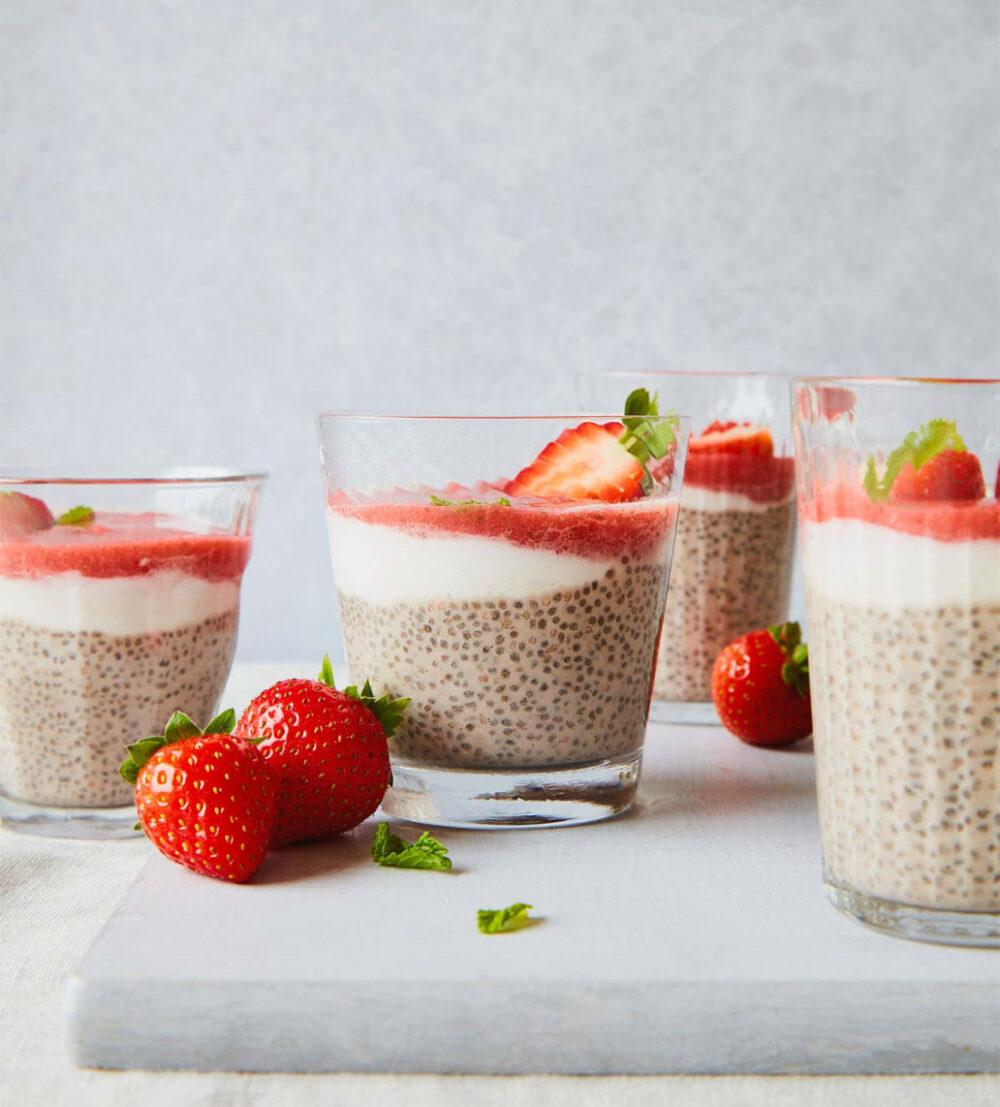 Photo by Jen Rich
Photo by Jen RichOmega -3 Fatty Acids
ALA (alpha linolenic acid), DHA (docosahexanoic acid) & EPA (eicosapentanoic acid) are all important types of Omega-3 fatty acids. Deficiencies or imbalances are common, regardless of diet. DHA & EPA are found in oily fish, or fish oil supplements. ALA is found in plant foods, including certain nuts and seeds, and is the precursor to DHA & EPA. However, conversion of ALA to DHA / EPA is often inefficient, so some people choose to supplement with microalgae oils, for example, which directly provide EPA & DHA. Confused? It’s a big topic! Take a look at this useful PDF from the Vegan Society for more info.
SUGGESTIONS: Include nuts and seeds, like walnuts, pecans, hazelnuts, chia seeds (soaked first), pumpkin seeds, linseeds (ideally ground or soaked first) into your diet and choose rapeseed / linseed oil to make dressings and for cooking. These are all sources of ALA. Eat plenty of leafy greens too. To help balance the proportion of Omega-3: Omega-6 fats in your diet, aim to minimise, where possible, your consumption of vegetable oil, sunflower oils / margarines / processed or fried foods. You may wish to consider a microalgae oil supplement for DHA / EPA. Speak with a professional if you are not sure about supplementation.
Recipe Ideas
+ Creamy coconut strawberry chia breakfast
+ Baked apples with almond cream
+ Try the nut granola recipe on page 141 of Nourish & Glow: The 10-day Plan.
Selenium
Selenium is an essential mineral that is involved in many important enzyme reactions in our body and plays a vital role in all sorts of different metabolic functions. The selenium content of food can vary significantly according to the content of the soil where the animal was raised or plant was grown.
SUGGESTIONS: 1 Brazil nut can provide you with all the selenium that you need in a day, as they are a very rich source of selenium. In fact, it’s one of the few nutrients I am aware of where you can potentially ‘overdose’ from food alone. It is therefore recommended that we do not consume Brazil nuts every day and do not eat them in large quantities. You may wish to stick to safe supplementation instead (although it’s just as important not to take too much selenium in supplemental form). Please seek personalised professional advice for further information.
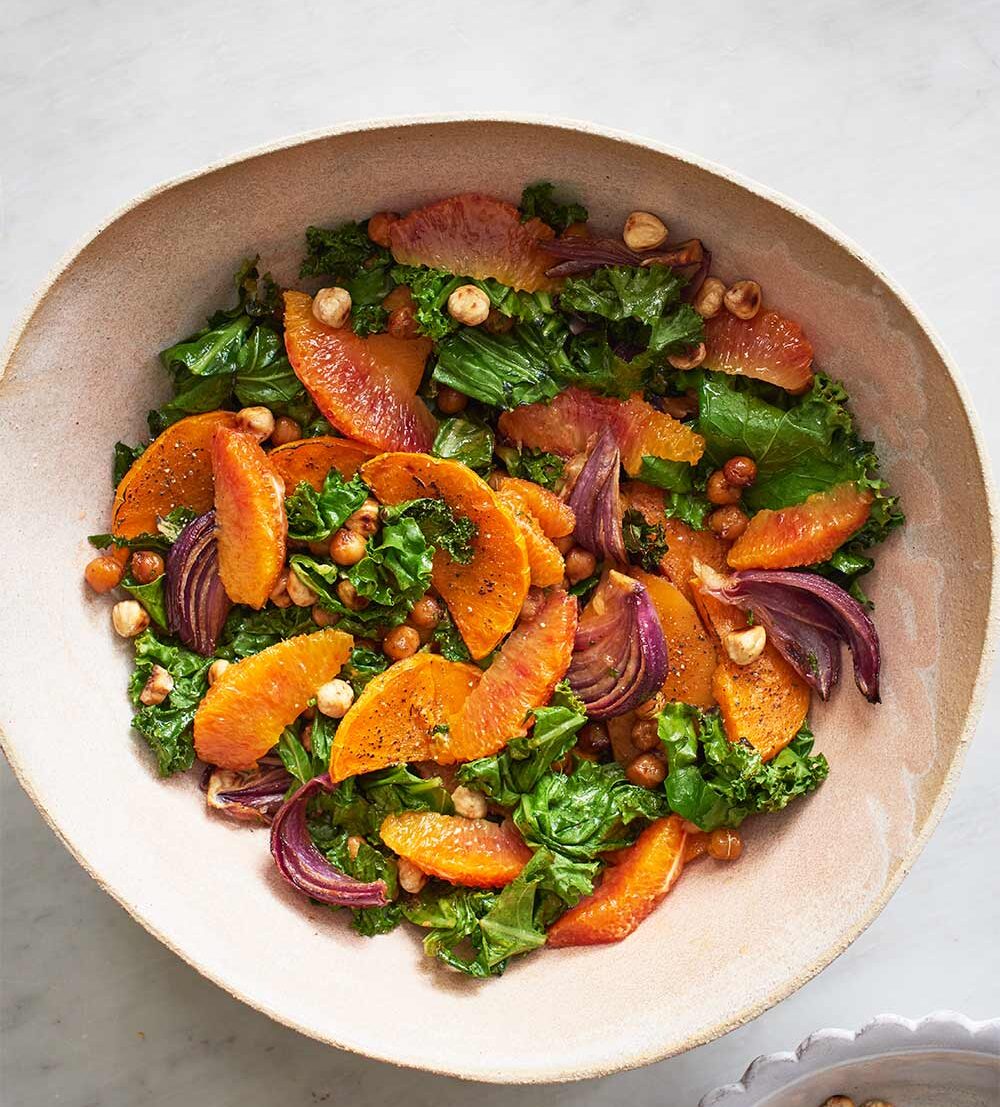
Iron
Haem iron (found in animal products, particularly red meat) is generally more readily absorbed by our bodies than non-haem iron (found in plant foods). While overall iron absorption will vary from person-to-person, depending on factors like our current iron status, pregnancy and presence of vitamin C in the meal, it’s sensible to ensure we’re including a range of relatively iron-rich foods into a plant-based diet, and enjoying them in a way that maximises our chance of absorption.
RECOMMENDED: Try to have a source of vitamin C alongside iron-rich plant foods, as this boosts absorption. Citrus fruits, lemon juice (great in a dressing) and red peppers are all good sources of vitamin C. Iron can be found in pulses, green leafy vegetables, fortified breads and cereals, nuts, seeds and dried fruit. It’s also best to avoid drinking tea or coffee for 30 minutes either side of your meals, as the tannins they contain can potentially reduce the efficiency of iron absorption.
Recipe Ideas
+ Try the Stuffed Peppers or the Lentil Cottage Pie (both from Nourish & Glow: The 10-day Plan).
+ One-tray roasted winter salad on page 228 of Simply Good For You.
Remember to read my article
Thinking About: Eating A Plant Based Diet
MORE TO EXPLORE
Please note that the information on this website is provided for general information only, it should not be treated as a substitute for the medical advice of your own doctor or any other health care professional providing personalised nutrition or lifestyle advice. If you have any concerns about your general health, you should contact your local health care provider.
This website uses some carefully selected affiliate links. If you buy through these links, we may earn an affiliate commission, at no additional cost to you. This helps to keep all of our online content free for everyone to access. Thank you.

